‘Neither film came out of personal suffering’: James Ivory on Maurice and Call Me By Your Name
As 'Maurice' turns 30, its 90-year-old writer and director looks back – and explains why neither of his gay cinema classics are likely to get sequels
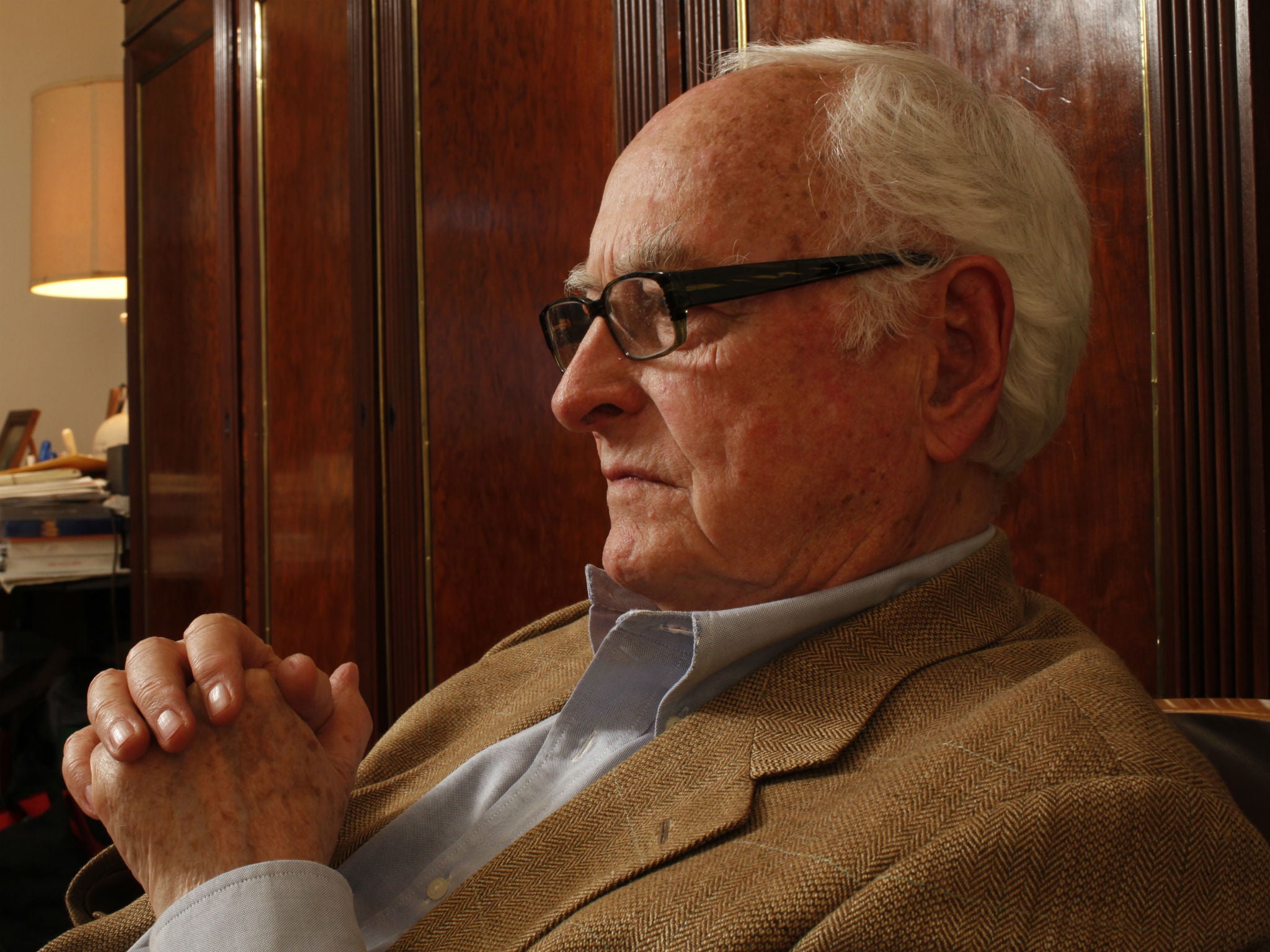
As far as gay cinema goes, Call Me By Your Name would certainly rank highly. But 30 years ago, another movie by it screenwriter James Ivory was just as significant in its own way. Now, Maurice is about to be re-released in cinemas, with a stunning high definition restoration.
Ivory recalls that at that time – “when everybody lived in a more awkward age, you could say” – the success of Maurice was down to one very important factor: a happy ending.
Based on one of EM Forster’s lesser-known novels, Maurice is the story of a young man dealing with being gay in early 20th century England. Originally written in 1913 – and then later revised in 1932 and 1960 – it was eventually published in 1971, the year after Forster’s death.
He believed that while it could have been published previously, it wouldn’t be “worth it” due to the laws and attitudes of the time, despite living as a gay man himself.
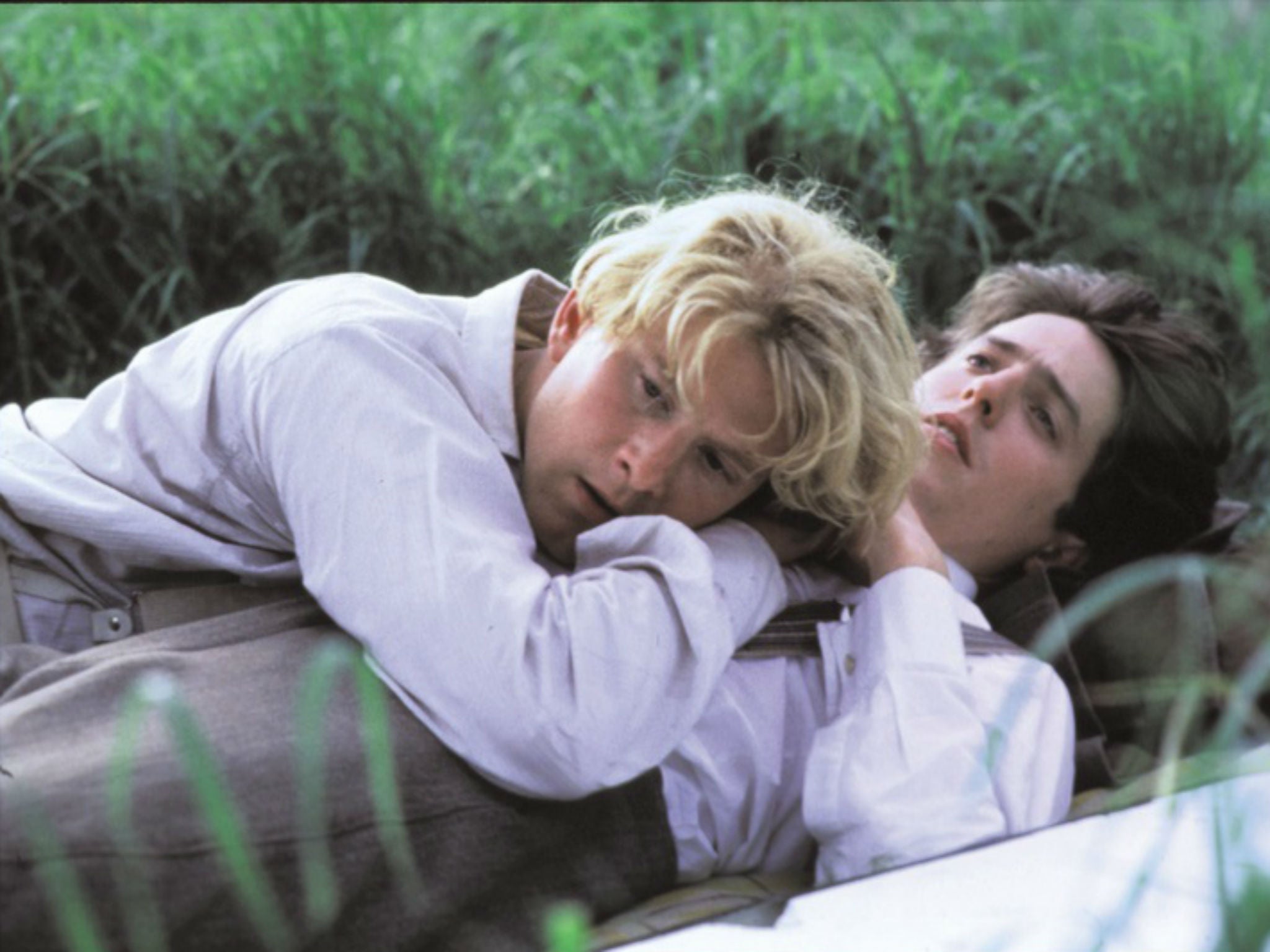
Ivory – who also directed the movie – came out at the age of 21 and lived with his partner and co-founder of Merchant Ivory, Ismail Merchant, for more than 40 years. He found that by 1987 people did not have a problem with a positive depiction on film of gay men.
“No, not at all! None,” he says quickly. “I mean, that was the ending of the book. That was the thing that Forster so much emphasised that he wanted to do, was for it to have a happy ending. I wasn’t going to change it, there was no reason to change it. I liked the happy ending.
“When the film came out, it was really right in the middle of the Aids crisis. I mean ’87, those were the darkest days, I think really.”
He thinks for a while, the silence hanging heavy. “In the United States nobody dared – it was obviously such a tragic thing, this experience that so many people were going through – I think no one dared to find fault with [the film of Maurice]. I mean, they might find some sort of artistic fault, but as for the depiction of what it was, and the romance between men that had a happy ending, nobody really wanted to attack it.”
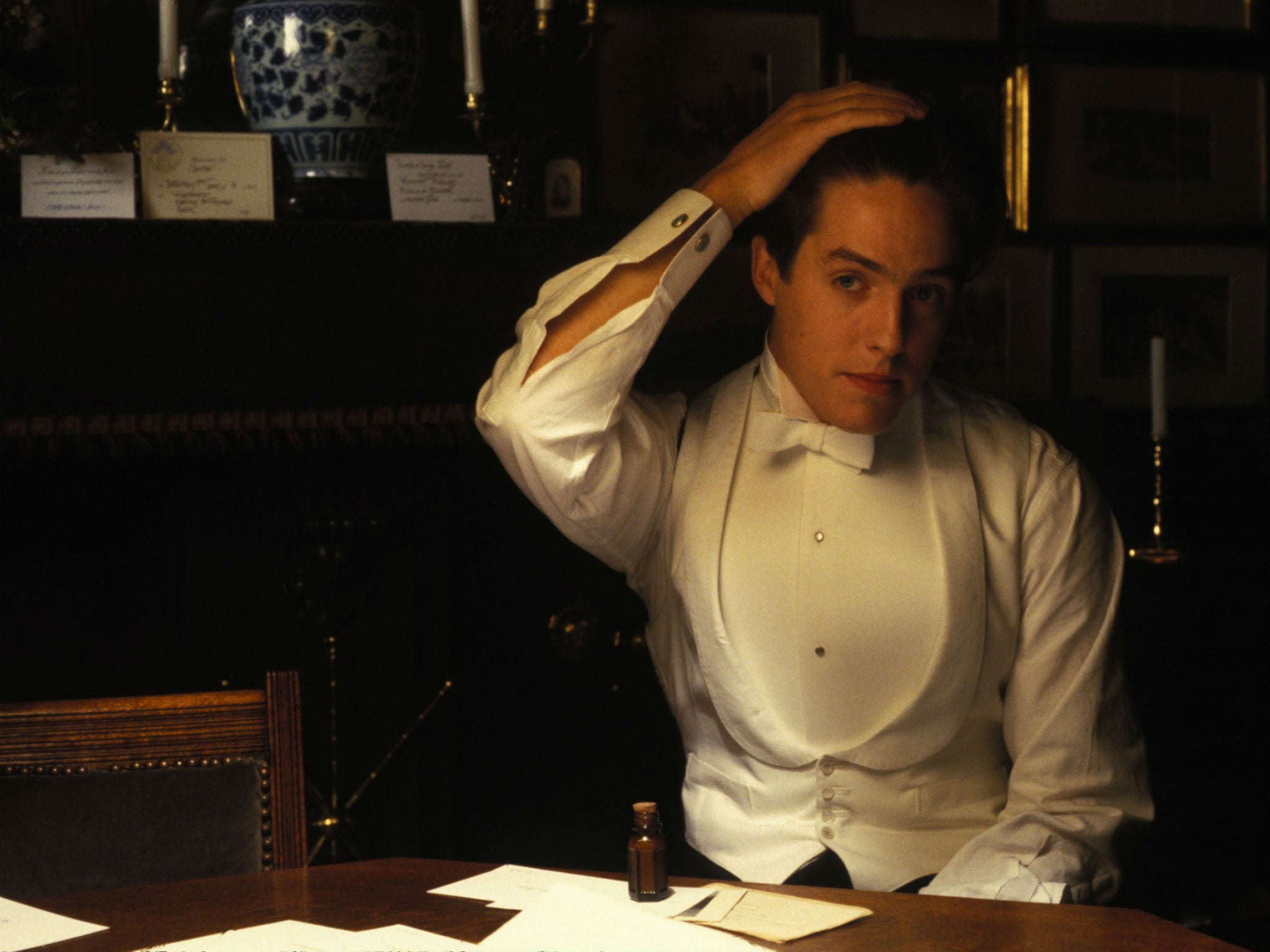
“When it came out in England, the experience was a little different,” he says, adding that some critics, who were very obviously gay, were less than kind.
“I think they felt that if they praised it, they were, in some kind of way, revealing their hand. And they couldn’t, or shouldn’t. I think that’s really why they had that sort of mealy-mouthed response to it. They were frightened that they would be exposed personally.”
He’s also quick to point out that distributors didn’t have a problem with a gay movie.
“It came right on the heels of A Room With A View,” he points out. “And that was such an enormous success, so I think people were hoping that Maurice would also have that kind of success.
“It didn’t. But certainly nobody was out there bothering us about it in any kind of way or threatening anything or refusing to show or distribute it.”
The film made stars of James Wilby – the lead actor is also directing a stage version of Maurice at London’s Above The Stag Theatre in September 2018 – and Hugh Grant, who played Clive. Ivory is keen to see Grant play Jeremy Thorpe in A Very English Scandal – another landmark gay role, 30 years since Maurice, and one which has prompted something of a critical reappraisal of the actor.
“I admire him so much. He’s wonderful, he’s right up there with the best English actors of his age,” says Ivory. “In Maurice he never put a foot wrong, not once. Every line that he gave was perfect. It just came naturally to him – it wasn’t that I was coaching him, it’s that he was absolutely perfect, always.”
Did he ever consider a sequel to that happy ending for Maurice and his new partner, Alec?
“Nobody ever came to me about doing a sequel,” he says. “I had imagined what a sequel would be, I had it all worked out in my mind. I told people about it but it was never made.”
Ivory describes the scenario he would have filmed, a First World War drama where Clive – the first love interest for Maurice, who spurns him in favour of marriage – would have “joined some posh regiment and gone off and been killed”, while Maurice became a conscientious objector. Alec – the gamekeeper who would eventually win Maurice’s heart – would go off “and shoot the Huns”.
Ivory is the man behind the scripts for two extremely important gay films. Did his own personal experiences have any bearing on how he crafted them?
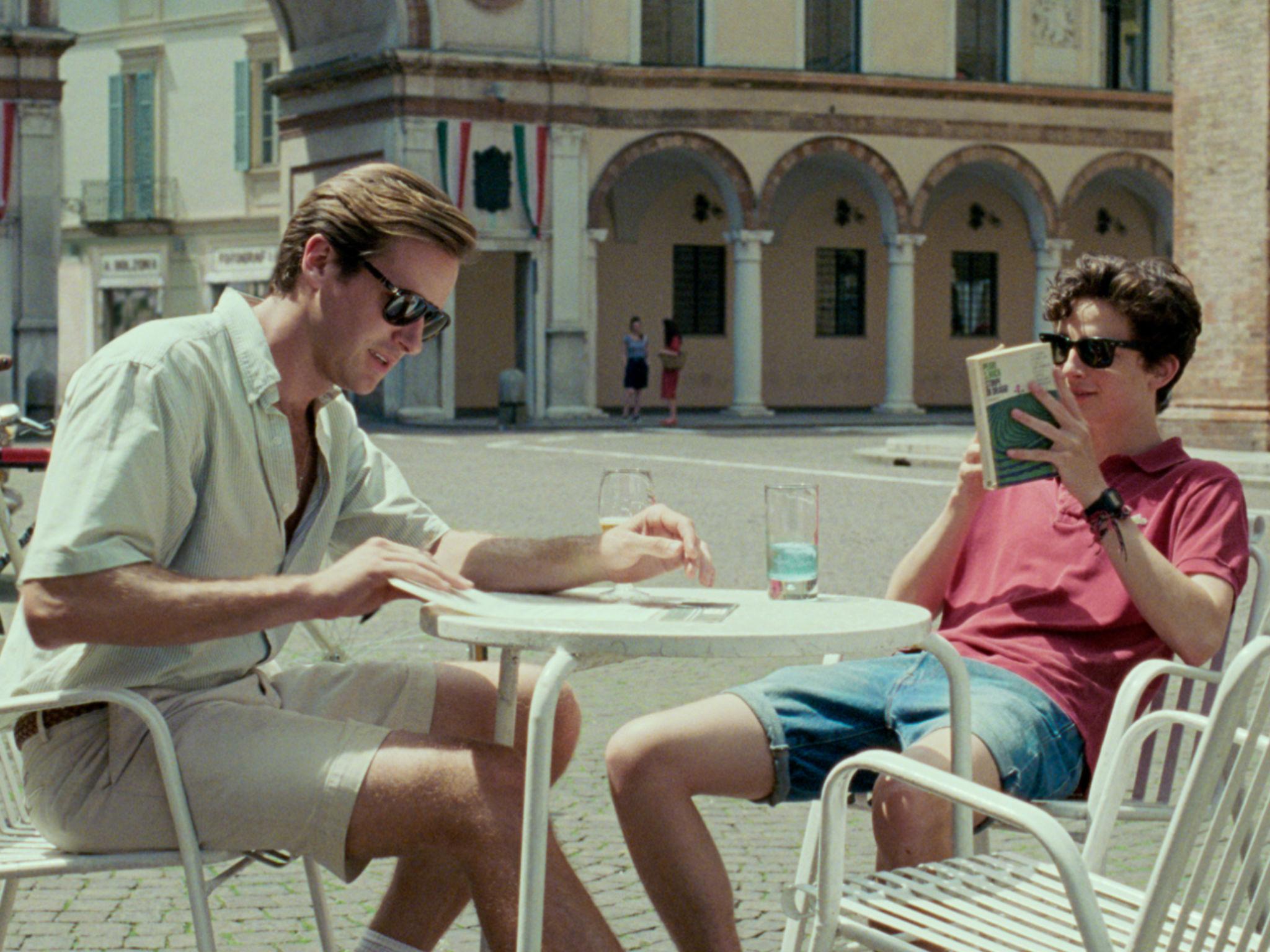
“I don’t think that my own life really had that much impact on it all, other than the fact that I’m quite an optimistic person,” he considers. “When I grew up there weren’t any sort of terrible things that happened. I had very understanding friends and my parents didn’t live that long. I had a blessedly lucky youth and growing up. Although I was a Catholic I never was overwhelmed by guilt and all that kind of thing.”
He thinks for a moment before elaborating further.
“There are some terrible shadows that so many people have and fear. I didn’t. I lived openly, with another man, from very, very early in my professional career. Everybody knew and no one said anything. I was never really targeted.
“Neither film came out of much personal suffering, I would say. But it certainly came out of personal interests.”
Still, while Maurice may have been notable for its happy ending, Call Me By Your Name doesn’t quite follow the same pattern. There’s the glorious moments of “forbidden love” between 17-year-old Elio, played by Timothee Chalamet, and 24-year-old Oliver, played by Armie Hammer, that ultimately ends in their forced separation, with Elio left heartbroken and in tears by a fireplace following the news that Oliver is engaged to a woman.
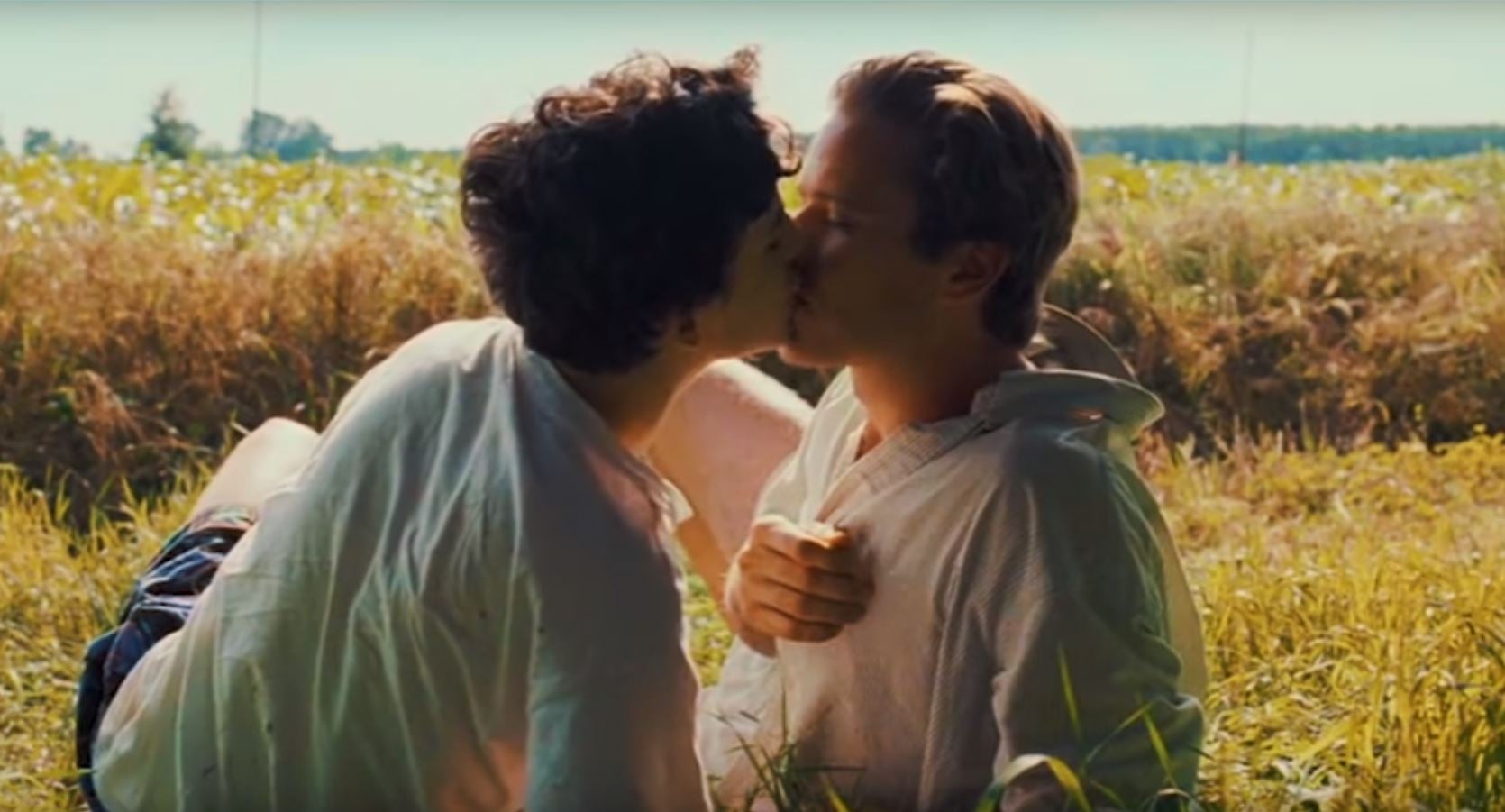
“Let me tell you how I was optimistic about Call Me By Your Name,” Ivory says. “You had a young man [Elio] who was wonderfully smart and attractive and charming and open. And he might have had a disappointment with Oliver but you knew within a very short time he was going to have all kinds of a successful love life. There was no tortured future waiting for him. He would soon have found the love of his life.”
This could be something to keep in mind for the much-discussed sequel to Call Me By Your Name. Having won an Academy Award for best adapted screenplay – making him, 89 at the time, the oldest winner of an Oscar – surely he’d be the one to write it. Except it doesn’t look like that’s getting a happy ending either...
“Well, I asked that the other day,” he says. “I saw Andre Aciman [original author of the book] three or four weeks ago, at my house. I said ‘What’s all this about a sequel?’ He said ‘Nonsense! There’s not going to be any sequel.’”
It’s no use crying into crumpled peaches, despite the film’s director Luca Guadagnino stating several times that he would be revisiting Elio and Oliver’s story.
“Luca would say that, having had a great success with it,” Ivory suggests. “But one wonders how you would cast such a film. You can’t make up Timothee Chalamet to look, say, 40. That would be terrible!”
‘Maurice’ opens in cinemas from 27 July
Join our commenting forum
Join thought-provoking conversations, follow other Independent readers and see their replies
Comments
Bookmark popover
Removed from bookmarks